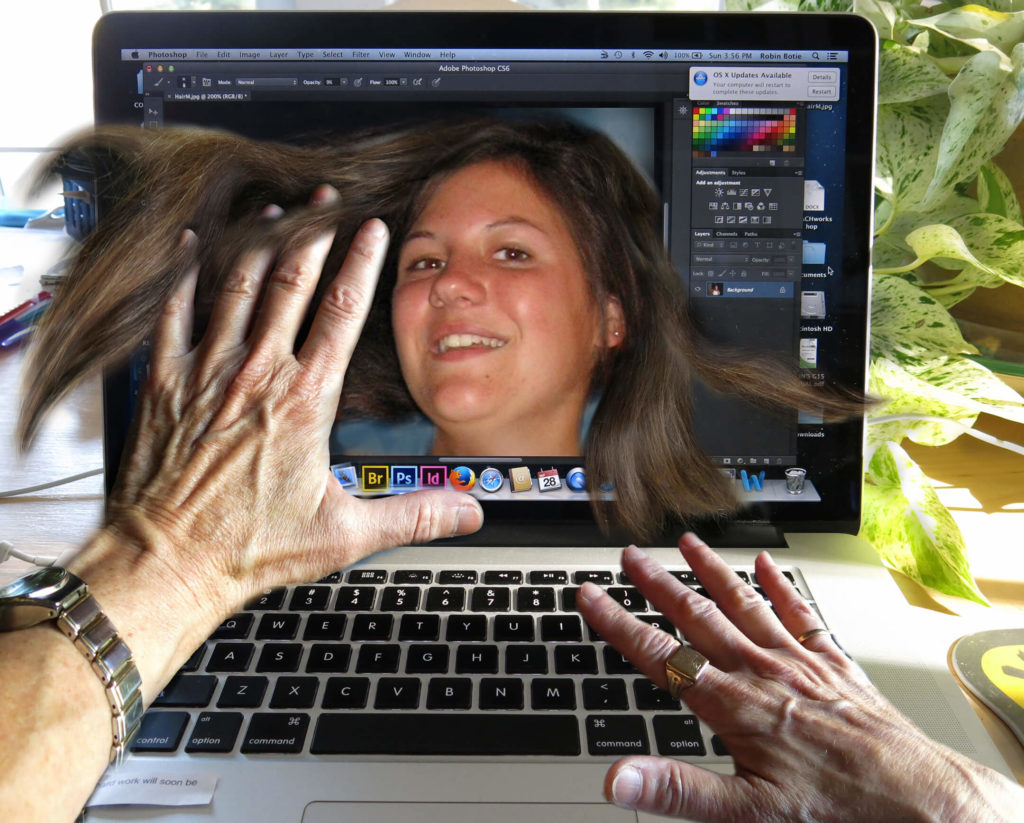 The email said, “I lost my daughter Emily two years ago when she was 22.”
The email said, “I lost my daughter Emily two years ago when she was 22.”
It came from a stranger, through Twitter. The public nature of social media sites makes responding with condolences so awkward. For a long while I sat with fingers poised over the keyboard, watching the blank space where my message would be printed.
“My husband died” and “My dog Bones was my best friend” and “My brother passed last week” are messages I get that make me want to dive into my computer, zoom through cyberspace to grab hold of these fellow grievers, and hug. If I could be there I would sit next to them in silence, ready to listen or to simply share the sad space around us.
After “I’m sorry,” I don’t have a stock set of lines for communicating to others who grieve. So much depends on the circumstances and on my relationship to the heartbroken person. But any response is better than no response. And even replying to a stranger, there are basic things to consider: like how to acknowledge the pain and let this person know I care. It has to be honest and heartfelt. It’s all about being supportive. It’s about the one who is left, not the one who died. And it’s not about my own experience, no matter how similar that may be.
It only takes a line or two: I am sorry. I am thinking of you. I will keep Emily in my thoughts today. I am here for you if you need me. I am wishing you peace. These are some of the things I might say or write. If I have a connection or memory to the one this person loves I will share it. And I will use the name of the loved one who died. When my own daughter died, hearing others’ stories about her and the sound of her name gave me comfort.
And maybe there’s a gentle way to let the person who is grieving know I’m available to listen. This is tricky through Twitter although Compassionate Friends does it all the time on Facebook. Reading the email I wondered, how did her daughter die? I wanted to ask but knew it was not appropriate.
But I decided I could ask, “How did Emily live?”
How did the one you are missing live?
Please visit my Garden of Loved Lives on HOME page. It’s starting to grow.
Beautiful and important, Robin. I agree the most important thing is to show up, but you also give us sensitive ways to respond. Some are offended by what people say, but I always knew if they showed up to say or offer anything at all, they had their heart in the right place. I didn’t have to agree with their words, but I appreciated their concern and kindness.
Thank you, Elaine. But I have to admit that YOU are the wise one who said the important thing is to show up. I agree totally but never would have thought of that myself. Cheers!
Thanks, Robin, for talking about this–it is always hard to know what to say to someone whose loved one has died. I found that out after my own husband died, and have had the same experience wondering what to say to others.
Cheers, Lynne. Every time it happens I’m struck speechless. It’s different each time I encounter a grieving friend. Always heard – you’re right.
My daughter, Marika, lived like her life could end in an hour. She partied every night and went on road trips when she was feeling good. She came home to me when she was feeling bad. She lived for the times she could be with her friends. She loved soccer and singing and sushi. And her dog, Suki.